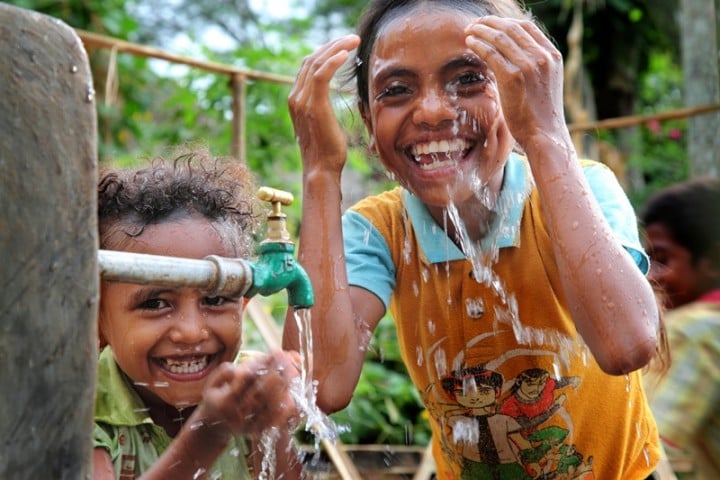
Water is not just about thirst and sanitation. It is about opportunity, as Foreign Minister Julie Bishop writes in her fortnightly Mamamia column today.
Recently I spoke at the 40th Anniversary of Australian Aid and was asked to select a photograph from the accompanying exhibition that encapsulated our aid program.
It was not an easy task – going through 40 years of photographs!
The image I chose from hundreds of possibilities was of children delighting in clean safe water in Timor-Leste. The picture spoke volumes about empowering families and the impact that Australian aid has had in delivering clean water and sanitation to our region.



Top Comments
Foreign Minister who has presided over the biggest cuts in the aid budget, and by merging the former AusAID into DFAT, in effect politicised Australian Aid. Shame on the current government
Thanks for enlightening me on what my tax dollars is doing overseas. Seeing those smiling faces and knowing that my tiny contribution is doing so much - makes me a proud Aussie!